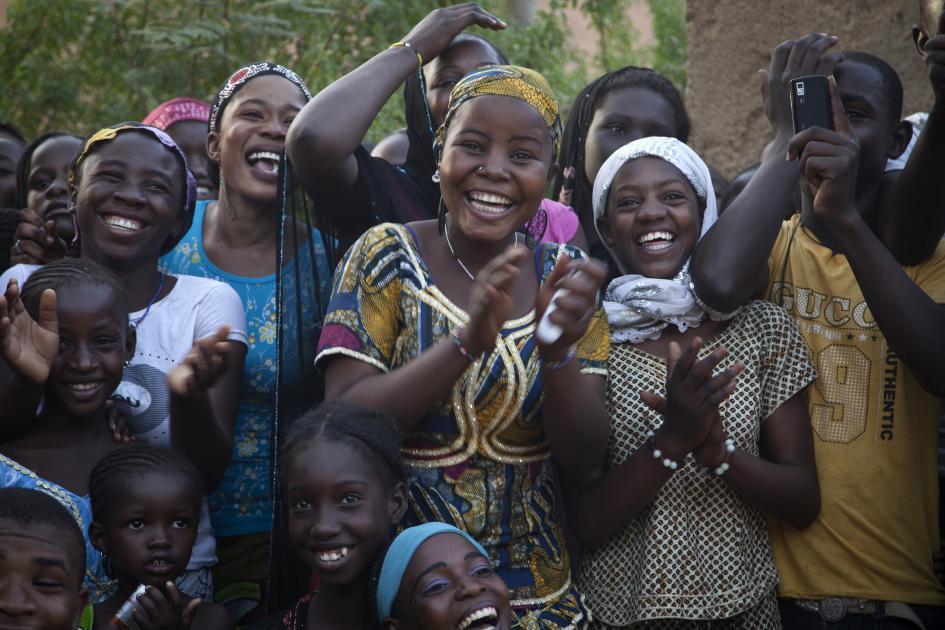Africa-Press – Eswatini. A three-day regional dialogue for non-state actors on accountability in the Southern Africa Development Community (SADC) region took place this week in Johannesburg, South Africa with regional and national civil society organisations and social movements keen to appreciate progress towards meeting the Regional Indicative Strategic Development Plan (RISDP).
According to a statement from the conveners, civil society organisations from across southern Africa met to assess progress of SADC in implementing its 10-year strategy, the RISDP covering the period 2020 to 2030.
The hybrid event, with a special focus on the importance of socially accountable public resource management in the region’s development, ran parallel with regional and national meetings in Malawi, Mozambique, South Africa, Tanzania, Zambia and Zimbabwe, and virtual participation on Zoom.
The dialogue aimed at assessing progress in the implementation of the RISDP, noting achievements and highlighting challenges, with a particular focus on the health and agricultural sectors; as well as women and the youth.
The dialogue also seeks to identify strategies to strengthen social accountability in the management of public resources in the region and to understand the status and roles of SADC’s official non-state actor (NSA) engagement mechanisms (SADC National Committees and Regional NSA Engagement Mechanism) and how they can contribute to social accountability.
The highlights of the dialogue included a keynote address by the SADC Parliamentary Forum secretary general Boemo Sekgoma and an update on the implementation of the SADC RISDP 2020-30.
Also on the agenda for the first day of deliberations on Tuesday was a presentation on the importance of Public Financial Management to the implementation of the RISDP and a panel discussion on understanding the RISDP by thematic area.
Lined up for the second day (Wednesday) of the dialogue was a discussion on the role of non-state actors engagement mechanism in the SADC Regional Integration agenda as well as a discussion on strengthening of regional and national linkages – the status, achievements, opportunities and challenges.
Scheduled for the third and final day of the dialogue on Thursday was a presentation of action plans for monitoring implementation of the RISDP at regional and national levels by country and national representatives from Malawi, Mozambique, Tanzania, Zambia and Zimbabwe, before a communique and the way forward.
The dialogue was convened by Southern Africa Trust, Southern African People’s Solidarity Network, Economic Justice Network (EJN) of the Fellowship of Christian Councils in Southern Africa (FOCCISA), Southern Africa Coordination Council (SATUCC), Gender Links, Media Institute of Southern Africa (MISA) and the Partnership for Social Accountability (PSA) Alliance (a consortium of organisations including Action Aid International (AAI), Public Service Accountability Monitor (PSAM) of Rhodes University, Eastern and Southern Africa Small Scale Farmers’ Forum (ESAFF) and SAfAIDS.
The SADC RISDP 2020-2030 covers key areas of regional integration: peace, security and good governance (the foundation); industrial development and market integration (pillar I); infrastructure development in support of regional integration (pillar II); social and human capital development (pillar III); and cross-cutting issues of gender, youth, environment, climate change and disaster risk management.
For More News And Analysis About Eswatini Follow Africa-Press







